Key Takeaways
- ‘Aitsu’ in the Japanese script of CoM refers to Riku, not Kairi, impacting the narrative significantly.
- The pronoun ambiguity in the English translation muddles the true importance of ‘aitsu’ and affects character dynamics.
- Sora’s memories and feelings, initially meant for Riku, were misrepresented due to the mistranslation in the English version.
Some people are normal about Kingdom Hearts. I am not. Which is why I’ve spent hours upon hours reading into its lore. Chain of Memories especially has a lot to look into, but its deepest layers are only revealed when you look at the original Japanese script. As it was recently the game’s 20th anniversary, it’s the perfect time to highlight this.
Unfortunately, I can’t read Japanese, so I’m indebted to Soriku Ultimania’s “That Person – How a Pronoun Revealed the Heart of a Story” essay for discovering this huge part of the game’s narrative that’s been hiding in plain sight for the past two decades.
‘Aitsu’ Is Mistranslated To ‘Her’
Most people come away from the English version of CoM thinking the story didn’t quite make sense, and that’s largely due to the translation muddying the waters. Specifically, the Japanese pronoun ‘aitsu’. It’s gender neutral, but masculine leaning, and is generally translated to ‘that guy’ or ‘that person’; however, it’s mistranslated to ‘her’ in the English version of CoM when used to refer to a specific person who is important to Sora. That person being Riku.
As a result, the story ends up losing some of its nuance as Sora’s memories and feelings that are meant (or hinted) to be about Riku are instead attributed to Kairi.
I don’t want to come across as though I’m dismissing Kairi’s importance to Sora. She is one of his best friends, but she isn’t the only person who’s important to him, which is what the English CoM translation would have you believe.
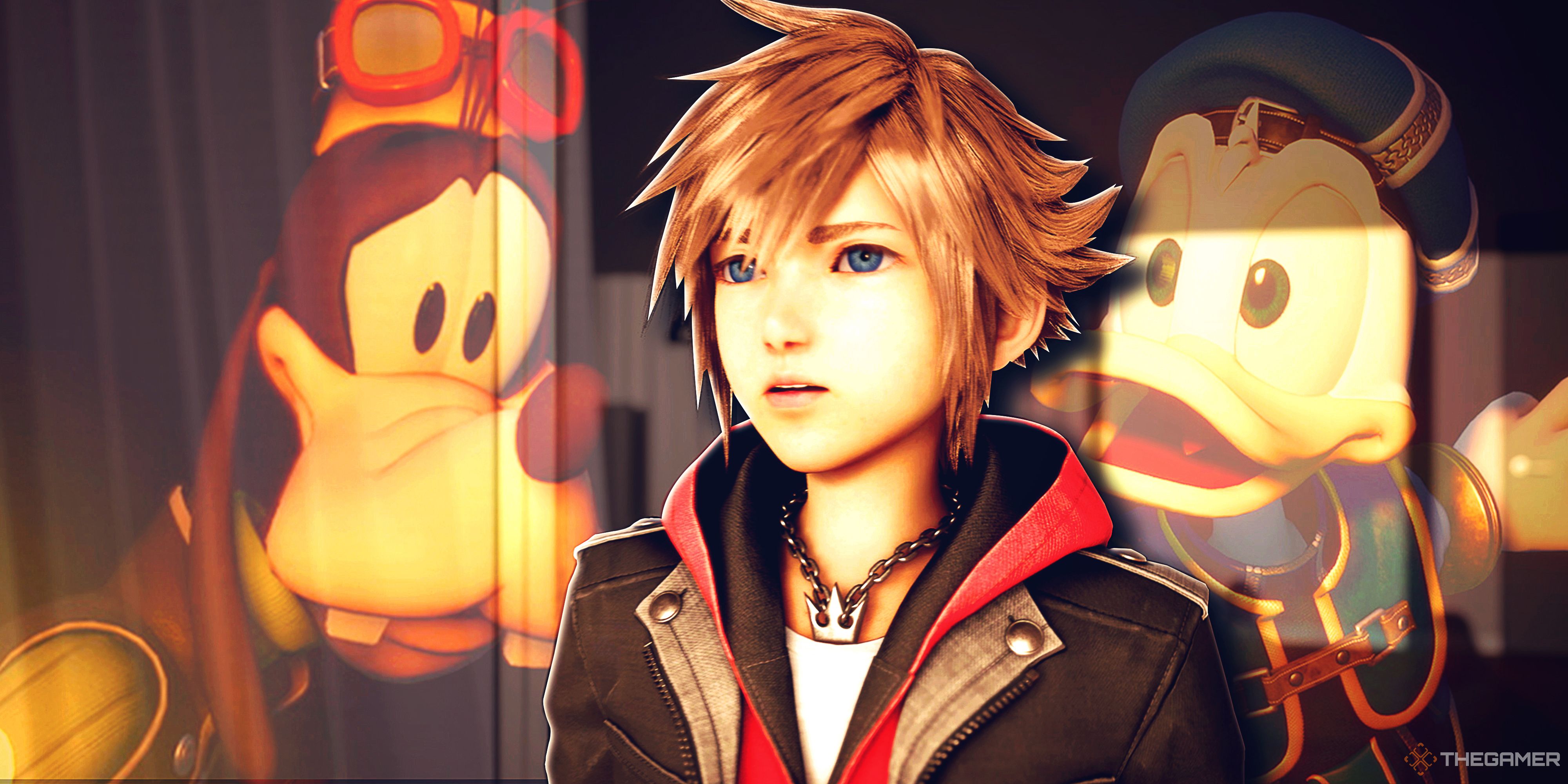
Related
Sora Losing His Memory In Kingdom Hearts 4 Would Make Perfect Sense
With Nomura revealing that KH4 will act as a ‘story reset’, Sora losing his memory seems like the best way to accommodate new and veteran players.
Throughout CoM, Namine manipulates Sora’s memories to make him believe that she is the most special person to him. She makes him believe that she is ‘aitsu’, the pronoun Sora and other characters use when referring to Sora’s most important person.
Sora initially arrives at Castle Oblivion set on finding Riku (and King Mickey), but Namine’s interference means he believes he’s there to rescue Namine instead.
As Namine is Kairi’s Nobody, she’s able to take on Kairi’s appearance, so most fans naturally associate her with Kairi. Sora also forgets who Kairi is during CoM because of Namine meddling with his memory. This is where things get a bit complex and the mistranslation of ‘aitsu’ to ‘her’ muddles things further.
Most people presume that Namine is replacing Kairi in Sora’s memories due to their connection, and that’s that, especially at the point when Namine has fully taken over Sora’s memories and is presenting herself as ‘aitsu’, his most important person.
The Japanese script, however, presents something different: Namine makes Sora forget about Kairi and who his most important person, ‘aitsu’, is.
What Does ‘Aitsu’ Mean?
As I already mentioned, ‘aitsu’ is a gender neutral, masculine-leaning pronoun. It’s also important to note that it’s almost considered rude to call a girl ‘aitsu’ – think of it like calling a girl ‘bro’. You could do that, but not everyone will be comfortable with it.
The only girl who Sora uses ‘aitsu’ for is Larxene, in the context that she’s a ‘bad guy’ and part of Organisation 13 – not a girl he respects and likes. For Namine and Kairi, who Sora does like, he generally uses ‘ano ko’ – never ‘aitsu’. The person Sora does use ‘aitsu’ for is Riku.
Obviously the ‘Riku’ Sora sees throughout Chain of Memories is actually a replica based on Riku’s memories and not the real Riku, but Sora believes it’s the real one.
The other important context that ‘aitsu’ is used in CoM is to refer to the precious person in Sora’s memories (whom Namine is replacing with herself).
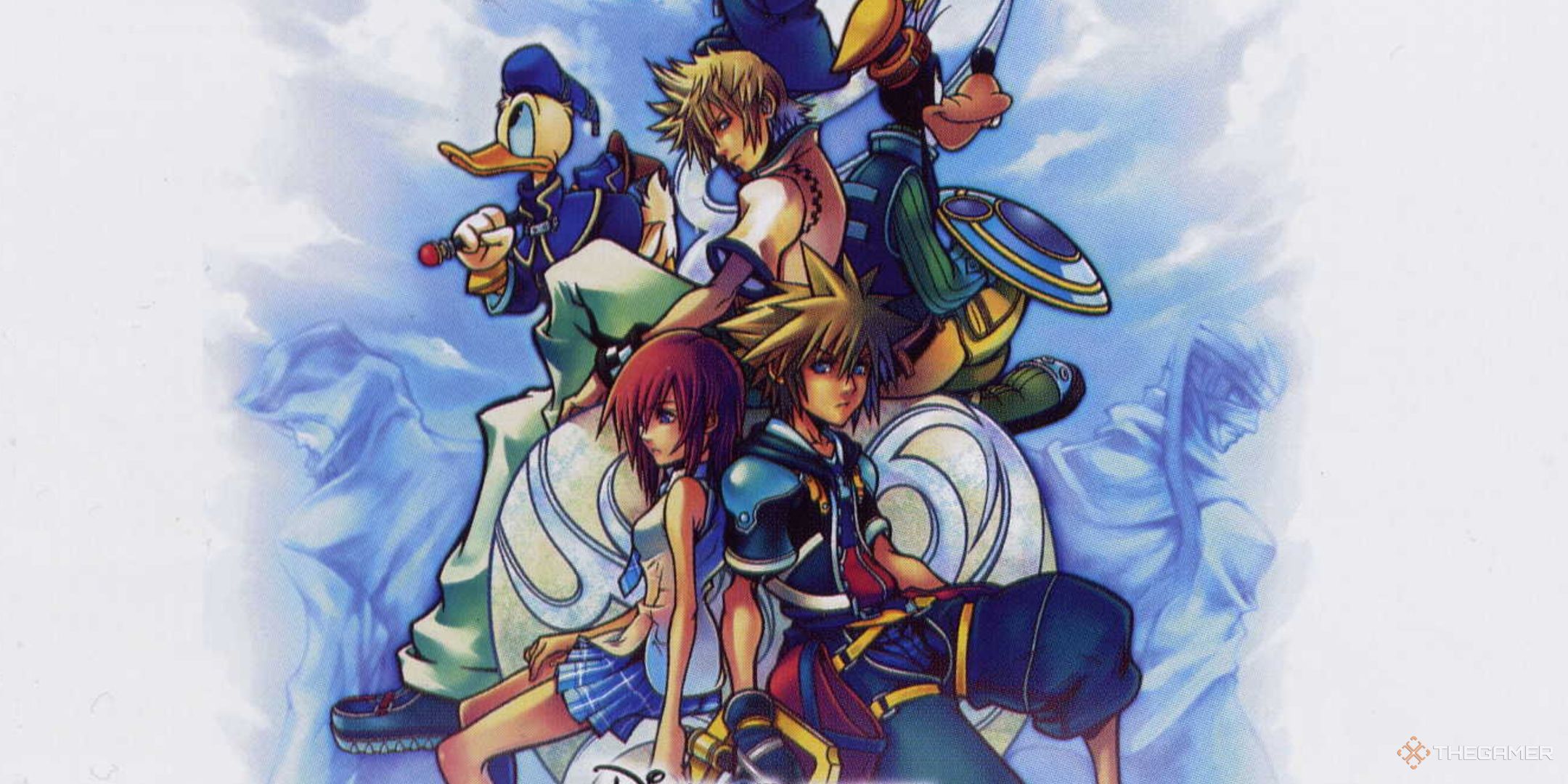
Related
Kingdom Hearts Can Continue Without Tetsuya Nomura
Tetsuya Nomura may retire in a few years, but that doesn’t mean Kingdom Hearts needs to end.
At one point, Sora uses one of the cards in Castle of Oblivion to go to Destiny Islands, where he meets with Selphie, Tidus, and Wakka.
All the worlds in CoM are figments created by Sora’s heart and memories, so all the characters within them are also representations of Sora’s heart. We can therefore take what they’re saying as the ‘truth’ from inside Sora’s heart.
Tidus and Selphie tease Sora about this ‘aitsu’ figure.
“You’re thinking about ‘aitsu’ again, aren’t you?”
“Sora’s real obsessed with ‘aitsu’.”
In English, ‘aitsu’ in these lines was translated to ‘her’. It’s understandable – CoM came out in 2004 and Disney wouldn’t have exactly been chill about Square Enix implying Sora had romantic feelings towards a boy. It’s also gender neutral, so it’s not completely incorrect to translate the pronoun to ‘her’ in a technical sense. However, the ambiguity of the original Japanese leaves more room for interpretation.
This is especially true when you consider native Japanese speakers will have the cultural context of how ‘aitsu’ is used, and wonder why Tidus and Selphie would refer to Kairi somewhat rudely, as they’re supposed to be friends.
Sora also meets with a figment of Riku on Destiny Islands, who taunts Sora for not being able to protect ‘aitsu’. As it’s Riku who’s saying this to Sora, and it’s translated to protecting ‘her’, there’s not much room for interpretation in the English version.
You come away from the English version assuming Riku is talking about Sora not being able to protect Kairi when the islands fell in KH1. But wouldn’t it be so much more impactful if there’s a subconscious guilt in Sora for not protecting Riku from falling to darkness, coming from a representation of Riku himself?
Sora Calls Namine ‘Aitsu’ After Recalling A Specific Memory
Throughout CoM, Sora uses ‘ano ko’ to refer to Namine, the same pronoun he often uses for Kairi. However, he shifts to using ‘aitsu’ for Namine after he remembers that he and ‘Namine’ shared an important promise when they were younger. The memory actually took place between Sora and ‘aitsu’.
Sora recalls that, on the night of a meteor shower, ‘Namine’ was afraid, so he promised to protect her. I already wrote about this meteor shower memory in detail and that it’s actually more likely this event took place between Sora and Riku, rather than Sora and Kairi.
But, considering Sora shifts to using a completely different pronoun for Namine after recalling this memory, it’s clear the different pronoun usage is a deliberate choice, and Kairi/Namine and ‘aitsu’ can’t be the same person.
While the other instances of ‘aitsu’ to refer to Sora’s important person could be put down to a strange but unassuming choice by the writers, the decision to make Sora completely change how he refers to Namine and instead use ‘aitsu’, a pronoun that doesn’t fit her demeanour in the slightest, is the biggest hint that the writers did this purposefully.
The Ending Solidifies That ‘Aitsu’ Is Riku
At the end of the game, Namine admits to Sora that she isn’t the one most special to him. In English, she tells him, “She is your light.” Of course, the audience will immediately take this to mean Kairi. Who else would it be? However, in Japanese, she doesn’t say ‘she’. Namine remains gender neutral still. Instead of ‘aitsu’, though, even more nuance with pronouns is used that’s lost in translation.
Namine first refers to a person who is physically ‘close’ to Sora by using ‘sono hito’ (meaning Riku, who is physically close to him in the lower levels of Castle Oblivion). She says Sora shared a precious promise (the meteor shower promise) with them and that they are his light in the darkness. If he recalls this person, he’ll be able to recover memories deep in darkness. So, “She is your light” would more accurately be translated as “That person/they are your light.”
In the next sentence, Namine draws Sora’s attention to the charm Kairi gave him, which she transformed into a different charm and made Sora believe she gave to him. She says that, when Sora recalled the person who gave it to him (Kairi), it changed back. However, she uses a different pronoun here – ‘ano hito’. This infers someone who is far away – Kairi, who is physically furthest away from Sora and safe on Destiny Islands at this point.
Even without the pronoun subtlety though, it’s clear that Namine is comparing two different situations. Sora was able to transform the charm back into its true shape because he recalled Kairi. If he remembers this other person and that they’re important to him, just like he recalled Kairi, he’ll be able to recover more memories, even those that are deep in darkness.
Namine isn’t telling Sora everything, as the English translation would have you believe, but is giving him (and the audience) hints so that Sora can figure it out himself and recover those memories. Sora repeatedly wants to discover the truth for himself throughout the series and chooses the difficult path of regaining his memories in the pod, so it also wouldn’t make sense for Namine to spell it out so plainly.
I’ve seen people so influenced by the mistranslation that they think Sora went into Castle Oblivion looking for Kairi, when he was actually looking for Riku. Ironically, the mistranslation makes it a bit meta too; as Sora’s memories are changed to be about Namine and he forgets who ‘aitsu’ is, the audience is also unwittingly influenced into thinking Sora’s ‘aitsu’ is Kairi, when he’s actually referring to Riku.
Sora continues to refer to Riku as ‘aitsu’ throughout the series too, notably in KH2 when he catches glimpses of Riku when he’s searching for him. As fans have also pointed out, Sora’s reunion with Namine (when he thinks she is ‘aitsu’) mirrors when Sora finally finds Riku in KH2, linking the two of them again.
No matter how you interpret the nature of Sora and Riku’s relationship, it’s an utter shame that CoM hides their importance to each other under a repeated mistranslation.
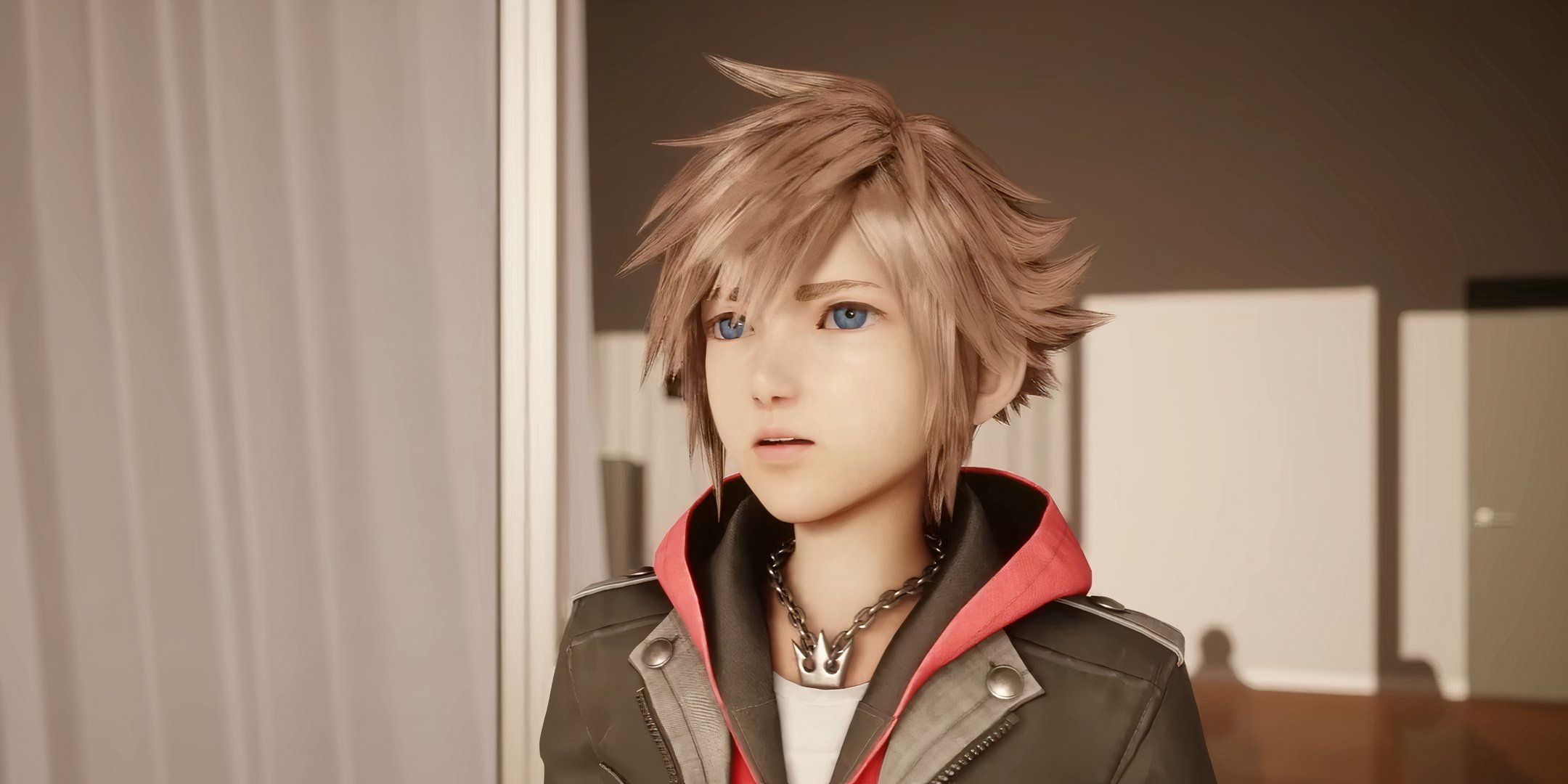
Next
Sora Voice Actor Reacts To Kingdom Hearts 4 Working Towards Ending The Series
Sora’s voice actor since 2001 has commented on Tetsuya Nomura’s recent claim that KH4 is working towards a conclusion.
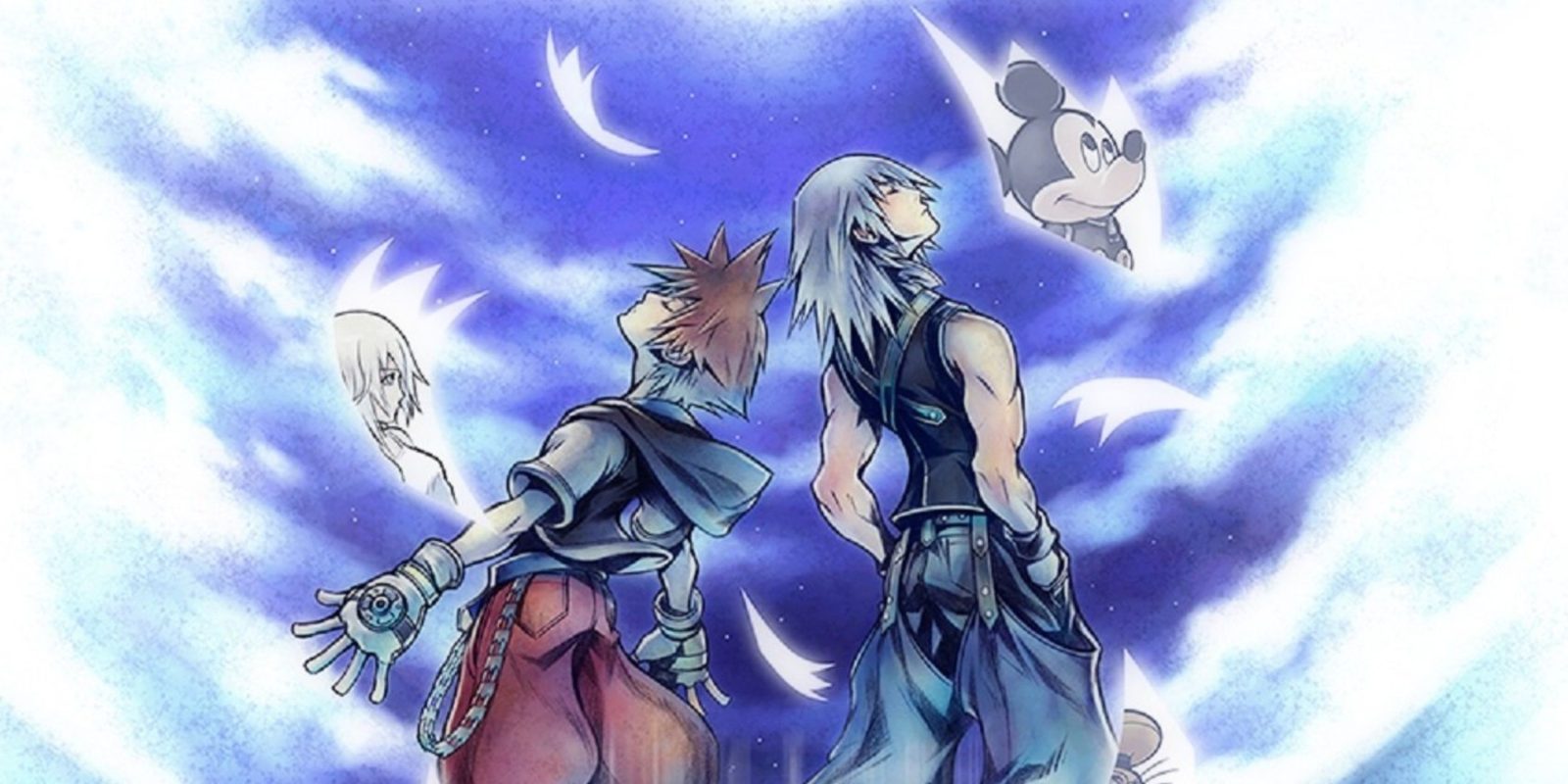


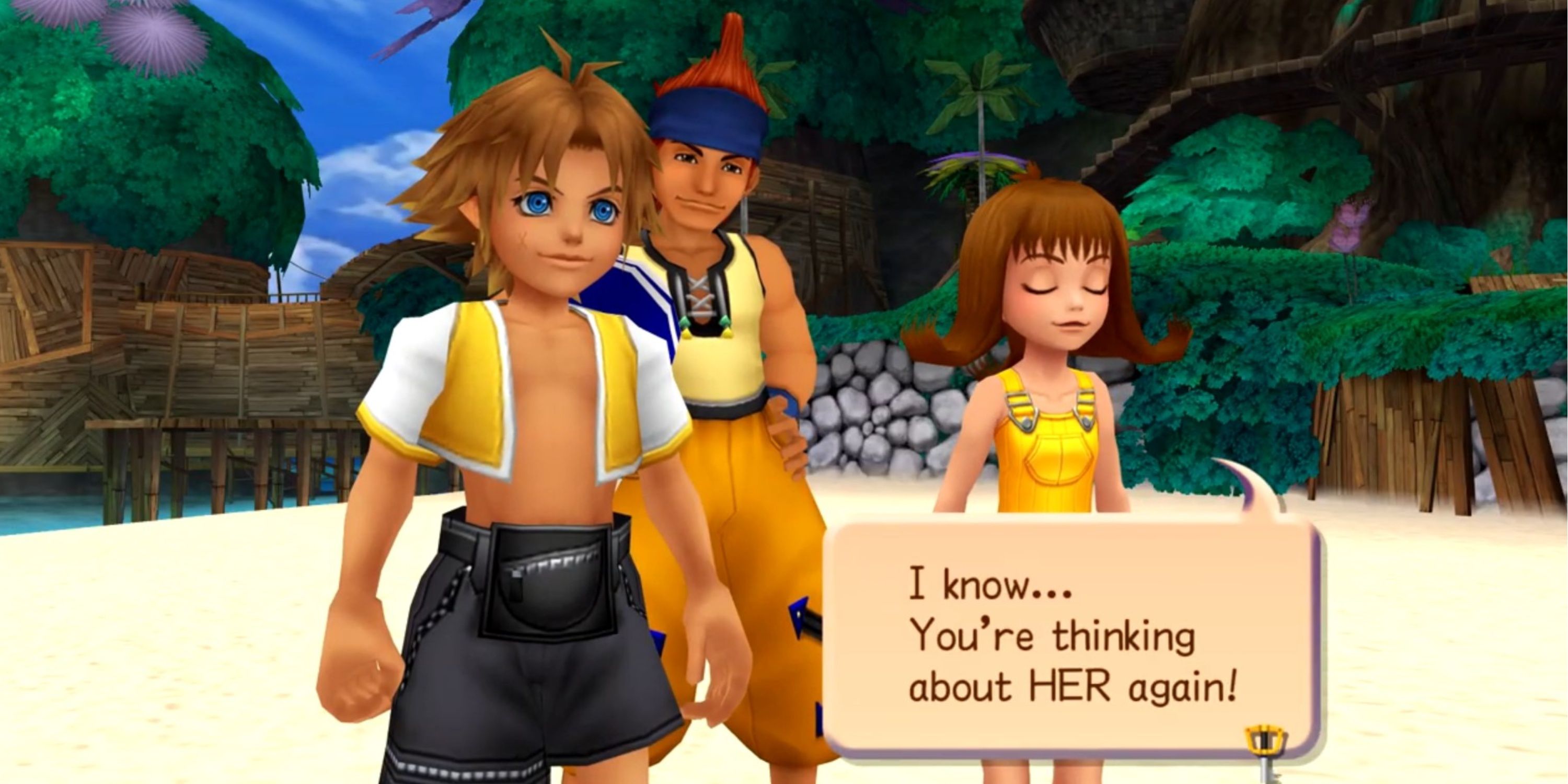

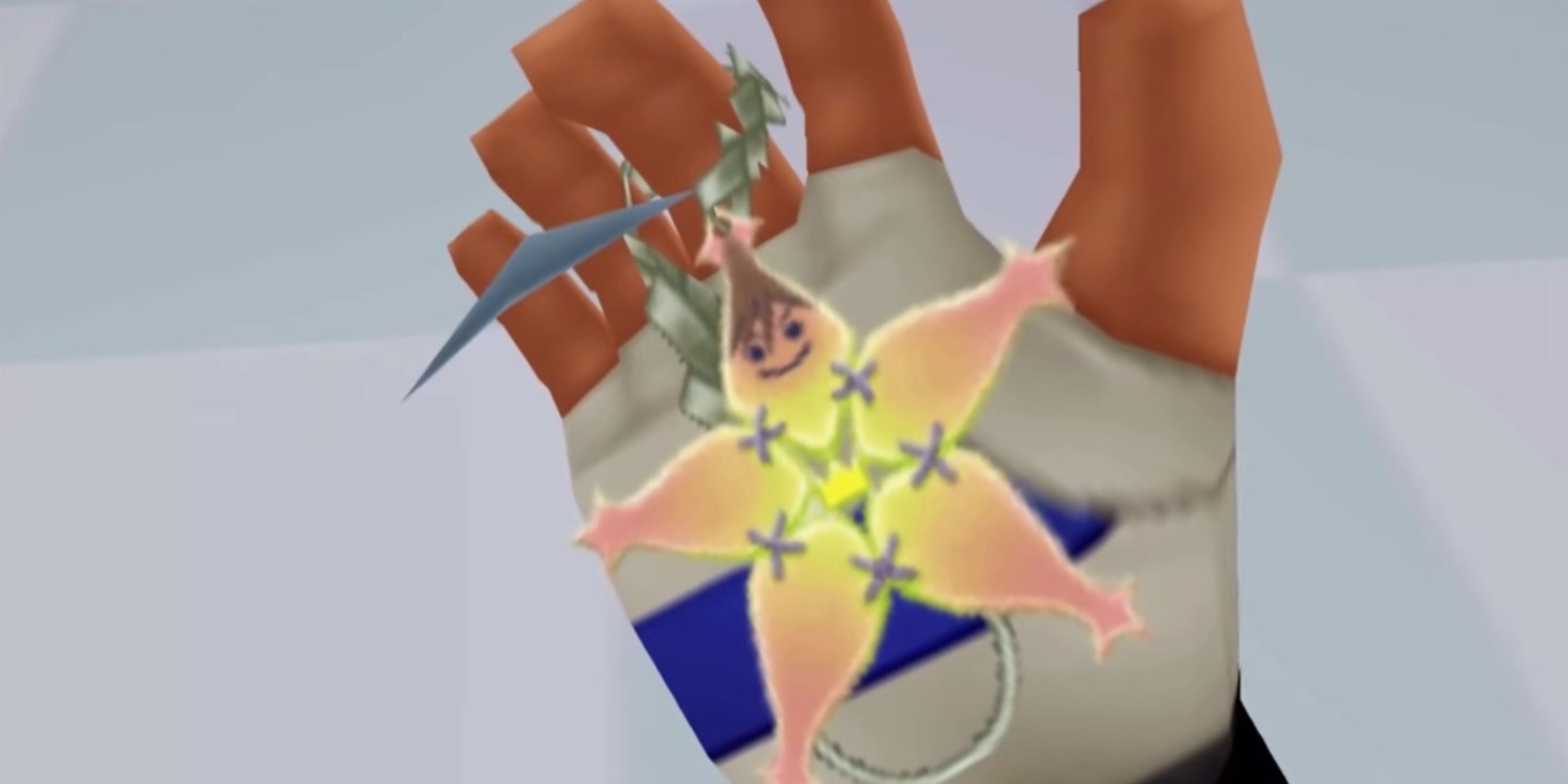
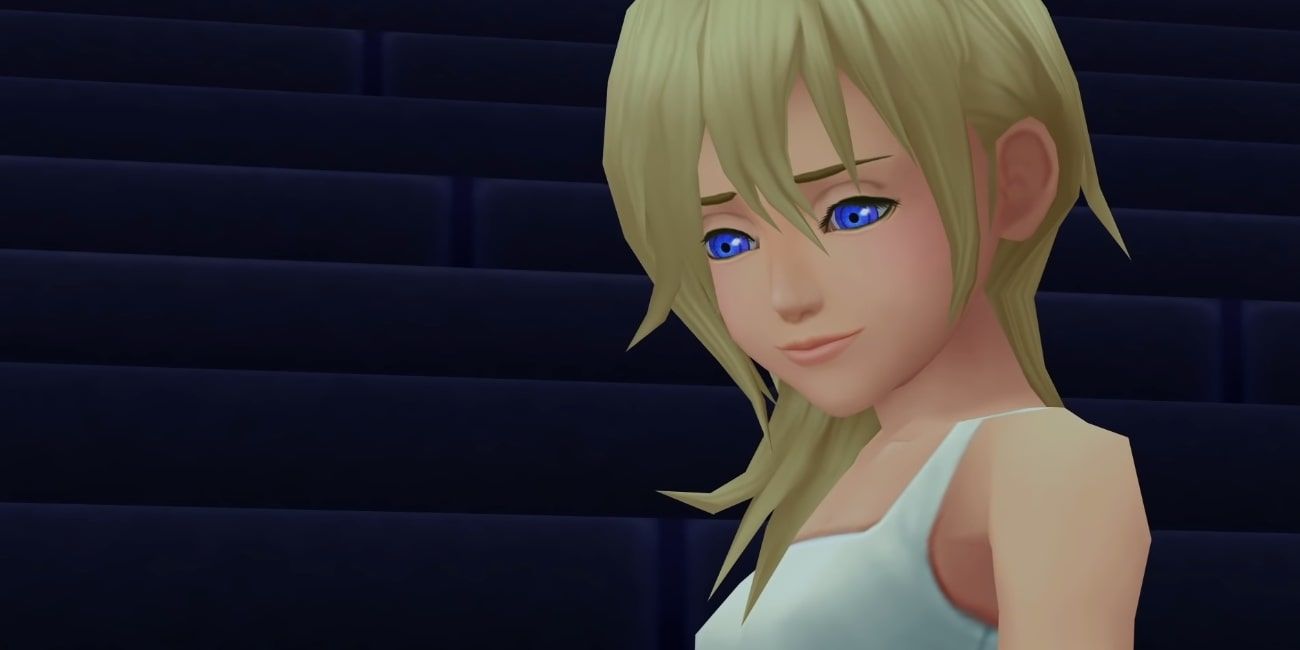





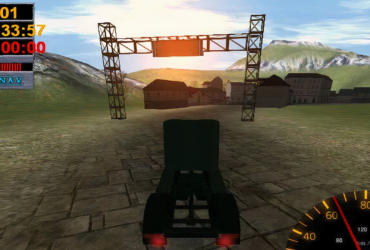



Leave a Reply